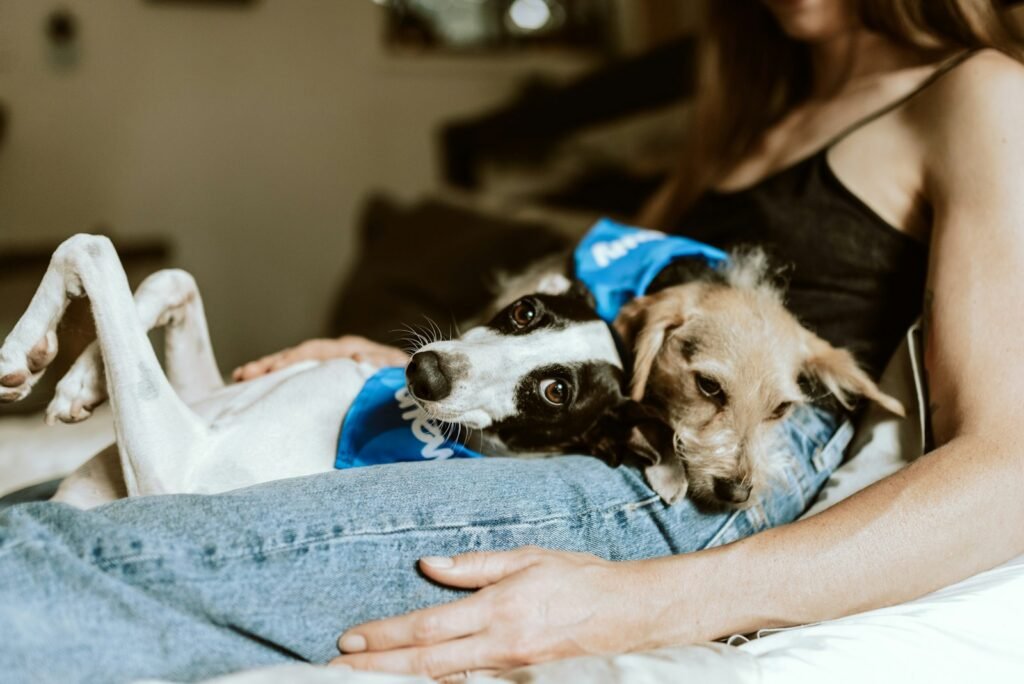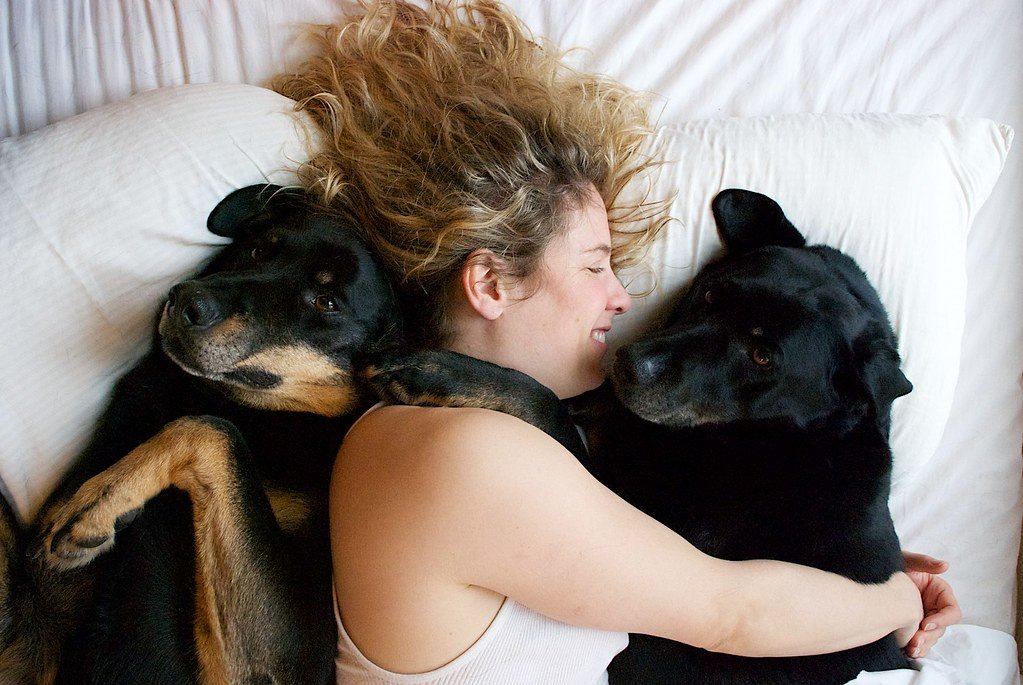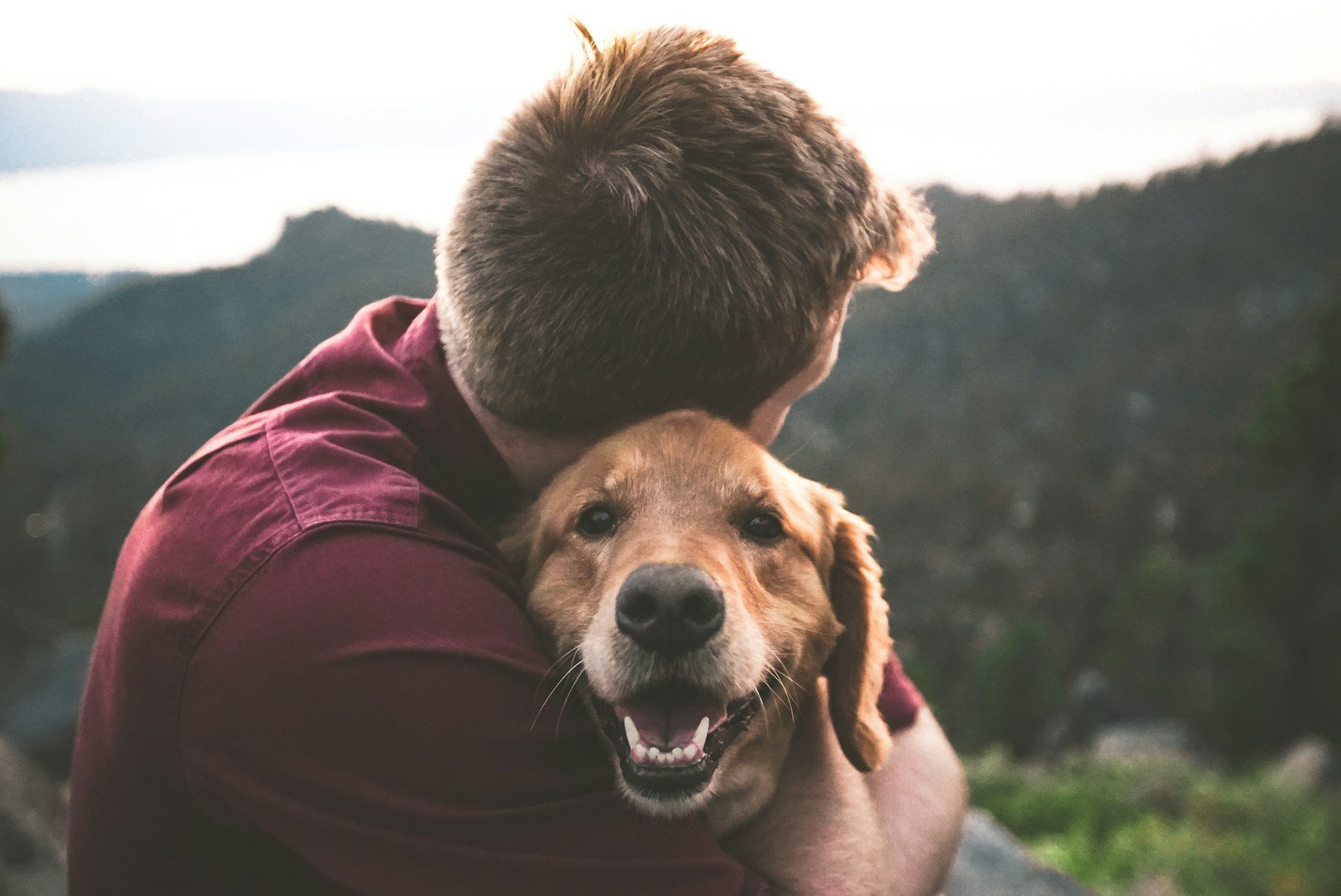For many people, dogs are more than just pets—they’re family. New research shows that the way owners perceive their dogs has a powerful effect on how they care for them, reflecting a deep cultural shift in how we relate to our four-legged companions.
From loyal watchdogs to beloved “fur babies,” dogs play many roles in our lives. And according to a recent survey of over 800 dog owners, these roles are evolving in ways that say as much about us as they do about our pets.
Dogs as Family, Friends, and More

“Interestingly, even though we collected data from online groups dedicated to family dogs, the owners weren’t all the same,” explained Laura Gillet, a PhD student at the Department of Ethology and lead author of the study. “We found three distinct profiles of owners whose dogs played diverse social and practical roles.”
Some owners saw their dogs as having dual functions—practical and protective. According to Neuroscience News, these individuals had strong emotional and social bonds with their dogs and viewed them as highly important.
Another group, labeled “dog parents,” assigned human-like roles to their pets. These owners did not use their dogs for any practical purposes and instead treated them more like children.
The final group kept dogs primarily for companionship. While still caring for their pets, they tended to spend less time with them and may not have formed as deep an emotional bond.
An Evolving Relationship

This generational shift—especially among younger dog owners—highlights a growing trend of “humanizing” pets. As urban lifestyles change, more people are turning to animals for emotional support and connection, often treating them as family rather than animals.
The way an owner treats their dog can directly impact its welfare. According to Neuroscience News, dogs whose owners fell into the companionship and practical roles category were often better trained and more obedient. Meanwhile, those owned by “dog parents” were more likely to be kept indoors exclusively.
More Roles, Same Care
Interestingly, the study found that differing views on a dog’s role did not necessarily affect the animal’s wellbeing. Whether viewed as a family member or a home guardian, most dogs still received appropriate care, affection, and attention.
This suggests that while people connect with their dogs in different ways, their commitment to the animal’s welfare remains strong across all groups.
Researchers also asked dog owners about behavioral issues to explore whether owner perceptions might influence behavior. The most commonly reported problems included jumping up, chasing other animals, territorial behavior, overexcitement, and fear of new environments. However, no clear link was found between these behaviors and how the owner perceived their dog’s role.
A Window Into Our Values

This research not only informs how we care for pets—it also reveals evolving human values. As society becomes more emotionally open and digitally connected, the roles dogs play in our lives reflect broader cultural trends in how we seek companionship, offer care, and form relationships.
From suburban backyards to city apartments, from working animals to cherished confidants, dogs continue to adapt alongside us. And in doing so, they are reshaping our understanding of what it means to love and care for them.






